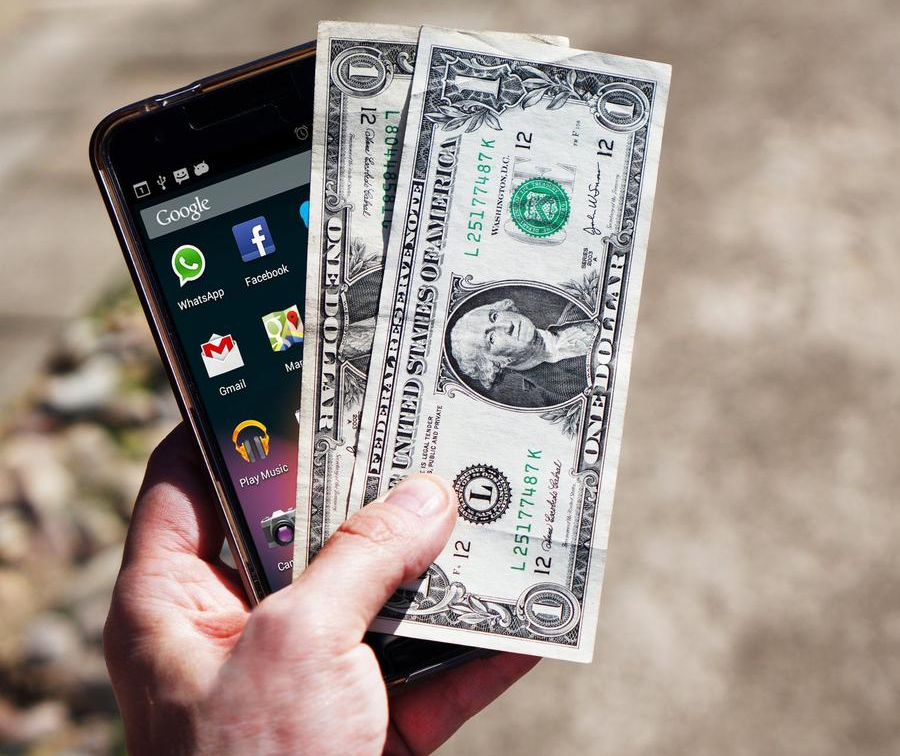We need app store competition, not Apple’s 1960s-style paternalistic monopoly – TechCrunch

A pair of bills moving through Congress would force some of the largest tech companies to cede control over how people find and use mobile apps, leading to more competition and lower prices. But Big Tech companies, especially Apple, want to scare people with dire warnings that the bills would put their security in jeopardy.
Tellingly, Big Tech firms are not so loud about other things jeopardized by the bills — their app store monopolies and ability to make more money off mobile customers and app developers.
Pro-competition bills — S. 2992, the American Innovation and Choice Online Act and S. 2710, the Open App Markets Act — would open up the largest app stores, including Apple’s and Google’s, by requiring them to allow competing third-party app stores and alternate channels for in-app payments. The bills would also stop the largest app store operators from preferencing their own apps over competitors’.
iPhone users would have the freedom to install less expensive third-party apps and choose to shop at third-party app stores. While some alternative app stores might have a greater volume of malicious apps, others may take a stronger approach to security and privacy than Apple — one that isn’t limited by the drive to enhance a monopolist’s bottom line.
Alternative app stores or app-vetting services could also offer important security- and privacy-enhancing apps that Apple has banned from iOS devices.
Nothing in the bills would stop Apple and Google from vetting apps for their phones for privacy and security or prevent them from offering new protective measures. So, because they trust Apple’s vetting of apps and are happy with the apps Apple lets them download, many iPhone users will choose to stick with the App Store. For those users, nothing will change under these bills.
The choice would be theirs. But Apple doesn’t want that. It wants to decide what, and how, users can purchase mobile apps. And it’s not just because the company is concerned about users’ privacy and security, which indeed it is.
No, it’s also because…


